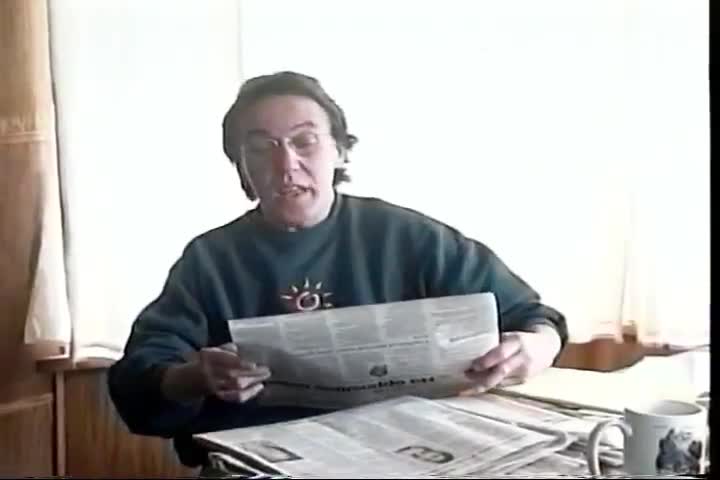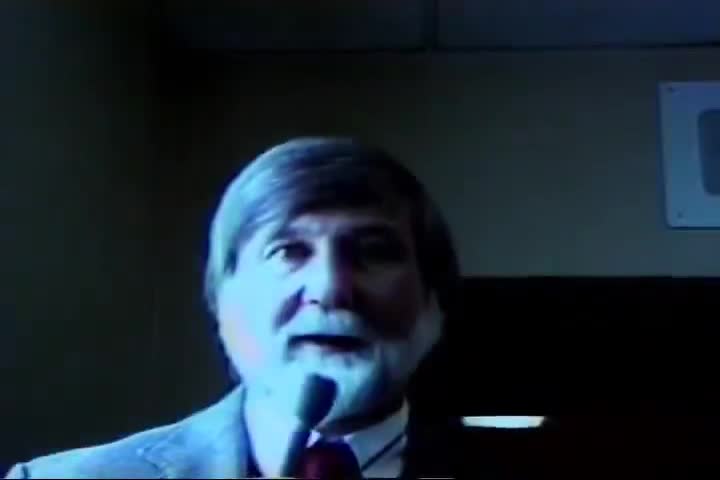Article not found
This article is no longer available. But don't worry—we've gathered other articles that discuss the same topic.

Gambling industry resists electronic monitoring; age-change bill passes Senate, faces House hearing

Critics Say Telecom Task Force Favored Industry; Helena hearing slated

Montana AFL-CIO warns against right-to-work bills, backs broad tax discussion to shore up schools

